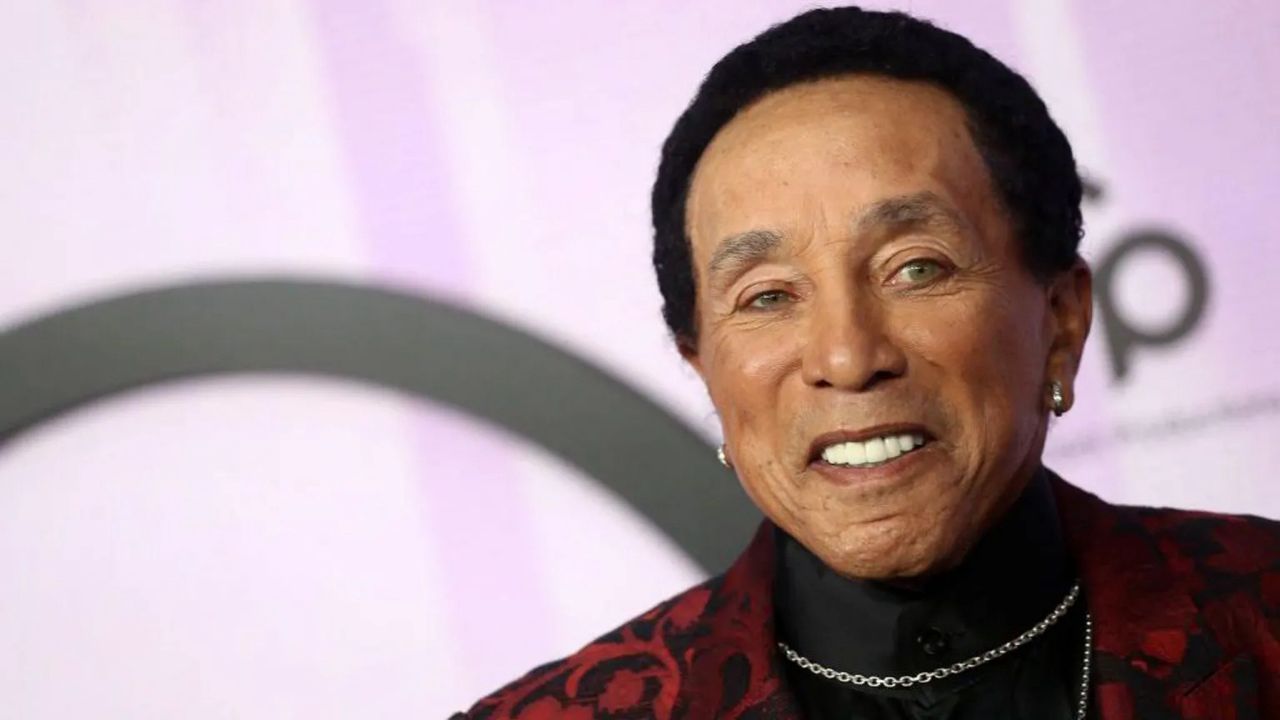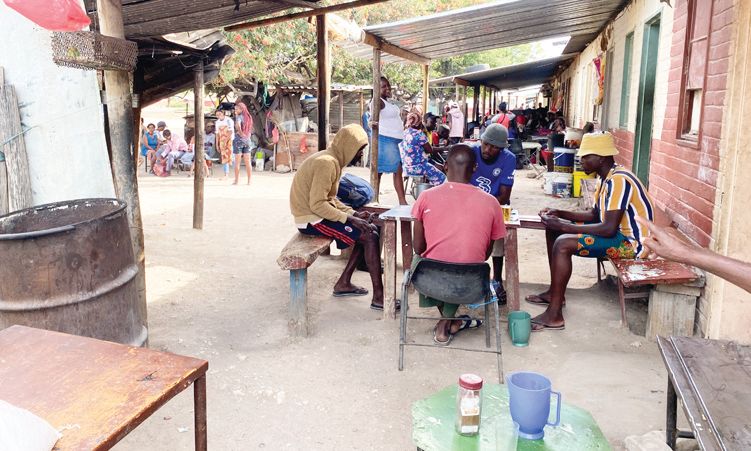HISTORY was made in Namibia when Africa’s first and only female head of state, Liberian President Ellen Johnson Sirleaf, arrived in Namibia yesterday for a three-day state visit.
She was welcomed by President Hifikepunye Pohamba, Cabinet ministers, diplomats and cultural groups on the red carpet rolled out at a sunny Hosea Kutako International Airport. After the official welcoming ceremony – complete with a military parade and gun salute – Johnson Sirleaf was whisked away to the new State House, where she is staying at one of the residences for official visitors.Last night President Pohamba hosted a State banquet in her honour.This morning official talks between Namibia and Liberia will be held, headed by both Presidents.It is expected to result in the signing of several co-operation agreements.Johnson Sirleaf will also visit a diamond cutting and polishing company in Windhoek’s Northern Industrial Area and attend a gala dinner hosted by the Ministry of Gender Equality and Child Welfare.The 69-year-old Liberian President will fly to Walvis Bay on Tuesday to tour the harbour and to visit a fishing company.In the afternoon, she will give an address in the National Assembly before leaving Namibia.President Johnson Sirleaf, a Harvard University-trained banker and administrator, has taken steps to reduce corruption, build support from international donors and encourage private investment in her country since she took office in January 2006.As a result, United Nations embargoes on Liberian timber and diamond exports have been lifted, opening new sources of revenue for the government.The Liberian infrastructure was severely damaged during the country’s civil wars.Government mismanagement and the wars destroyed much of Liberia’s economy, especially the infrastructure in and around the capital, Monrovia.Many businesses fled the country, taking capital and expertise with them, but with the conclusion of fighting and the installation of a democratically elected government in 2006, some have returned.The reconstruction of infrastructure and the raising of incomes in this ravaged economy will largely depend on generous financial and technical assistance from donor countries and foreign investment in key sectors, such as infrastructure and power generation.After the official welcoming ceremony – complete with a military parade and gun salute – Johnson Sirleaf was whisked away to the new State House, where she is staying at one of the residences for official visitors.Last night President Pohamba hosted a State banquet in her honour.This morning official talks between Namibia and Liberia will be held, headed by both Presidents.It is expected to result in the signing of several co-operation agreements.Johnson Sirleaf will also visit a diamond cutting and polishing company in Windhoek’s Northern Industrial Area and attend a gala dinner hosted by the Ministry of Gender Equality and Child Welfare. The 69-year-old Liberian President will fly to Walvis Bay on Tuesday to tour the harbour and to visit a fishing company.In the afternoon, she will give an address in the National Assembly before leaving Namibia.President Johnson Sirleaf, a Harvard University-trained banker and administrator, has taken steps to reduce corruption, build support from international donors and encourage private investment in her country since she took office in January 2006.As a result, United Nations embargoes on Liberian timber and diamond exports have been lifted, opening new sources of revenue for the government.The Liberian infrastructure was severely damaged during the country’s civil wars.Government mismanagement and the wars destroyed much of Liberia’s economy, especially the infrastructure in and around the capital, Monrovia.Many businesses fled the country, taking capital and expertise with them, but with the conclusion of fighting and the installation of a democratically elected government in 2006, some have returned.The reconstruction of infrastructure and the raising of incomes in this ravaged economy will largely depend on generous financial and technical assistance from donor countries and foreign investment in key sectors, such as infrastructure and power generation.
Stay informed with The Namibian – your source for credible journalism. Get in-depth reporting and opinions for
only N$85 a month. Invest in journalism, invest in democracy –
Subscribe Now!











